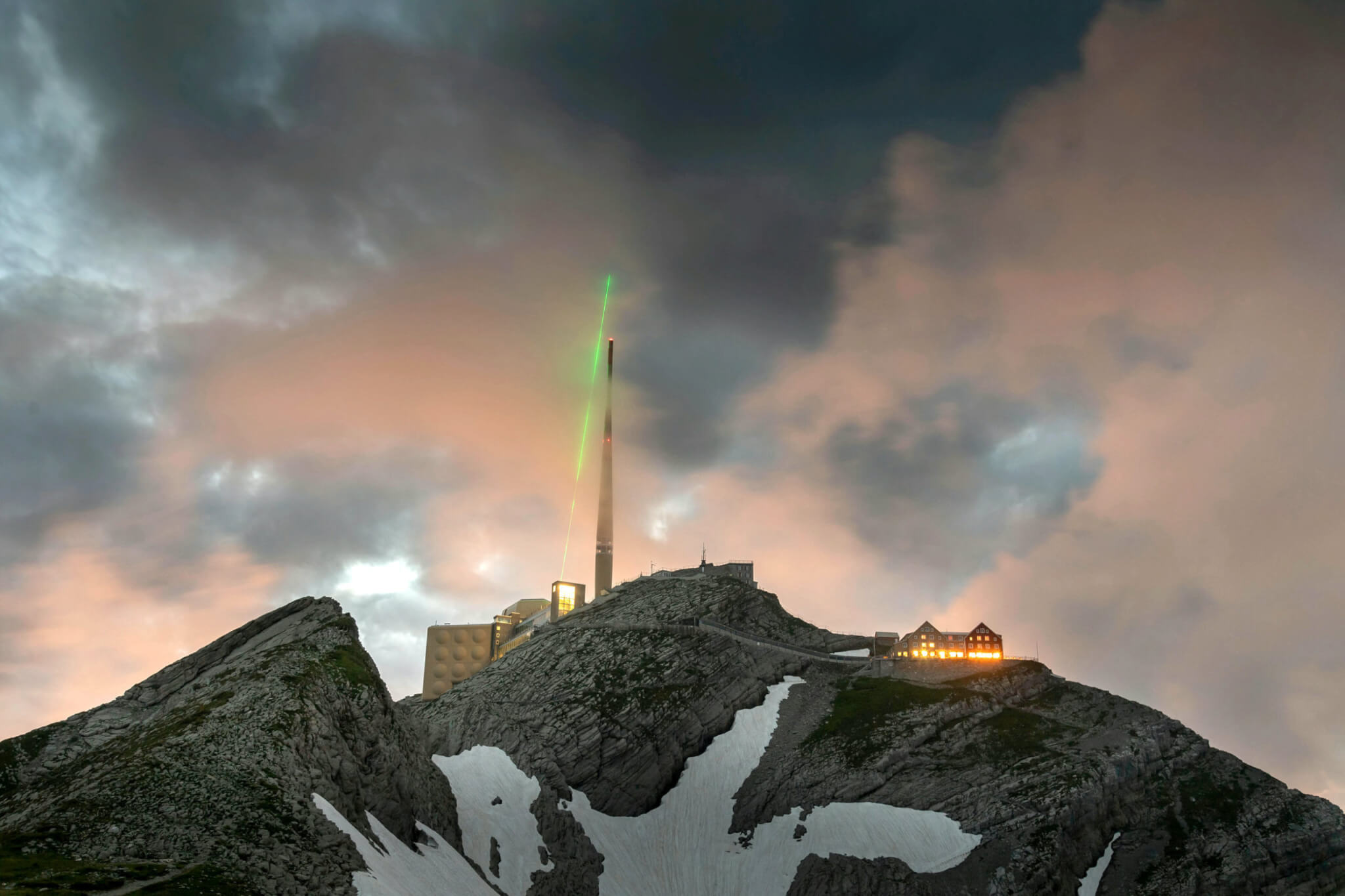Offline
Maybe this will spur a design renaissance in induction cooktops. I love how mine performs but the touch controls are an utter failure.For years, scientists and health advocates have tried to bring attention to a secret source of air pollution sitting in 40 million homes around the United States — which jump-starts childhood asthma, increases the risk of respiratory problems, and emits planet warming-gasses.
It’s the gas stove.
And now, those efforts seem to be gaining traction. On Monday, Richard Trumka Jr., one of the four commissioners of the U.S. Consumer Product Safety Commission, said in an interview that the agency was considering a ban on gas stoves — or, at least, standards around the amount of toxic fumes such stoves can spew into Americans’ kitchens.
Some cities — including Los Angeles, Seattle and New York — have already moved to ban gas stoves in certain new homes and apartments.
Kathy Hochul (D), the governor of New York, has also proposed banning gas hookups, including for gas stoves, in new buildings in the entire state.
All cooking creates some form of air pollution. But gas stoves are burning natural gas, a mix of methane and other chemicals. That means that when a gas stove is on, it releases not only fine pieces of particulate matter that can invade the lungs, but also nitrogen dioxide, carbon monoxide and formaldehyde — all of
which have been linked to various health risks. Scientists have identified nitrogen dioxide, for example, as contributing to childhood onset of asthma and worsening asthma symptoms.
According to one study, children living in a household with gas stoves have a 42 percent increased likelihood of already having asthma and a 24 percent increased risk of developing asthma at some point in their lifetime.
Last week, scientists from the clean energy think tank RMI estimated in a peer-reviewed study that 12.7 percent of childhood asthmas could be attributed to living in a household with a gas stove.
Some scientists have compared the risks of gas stove use to having a smoker in the home…….





